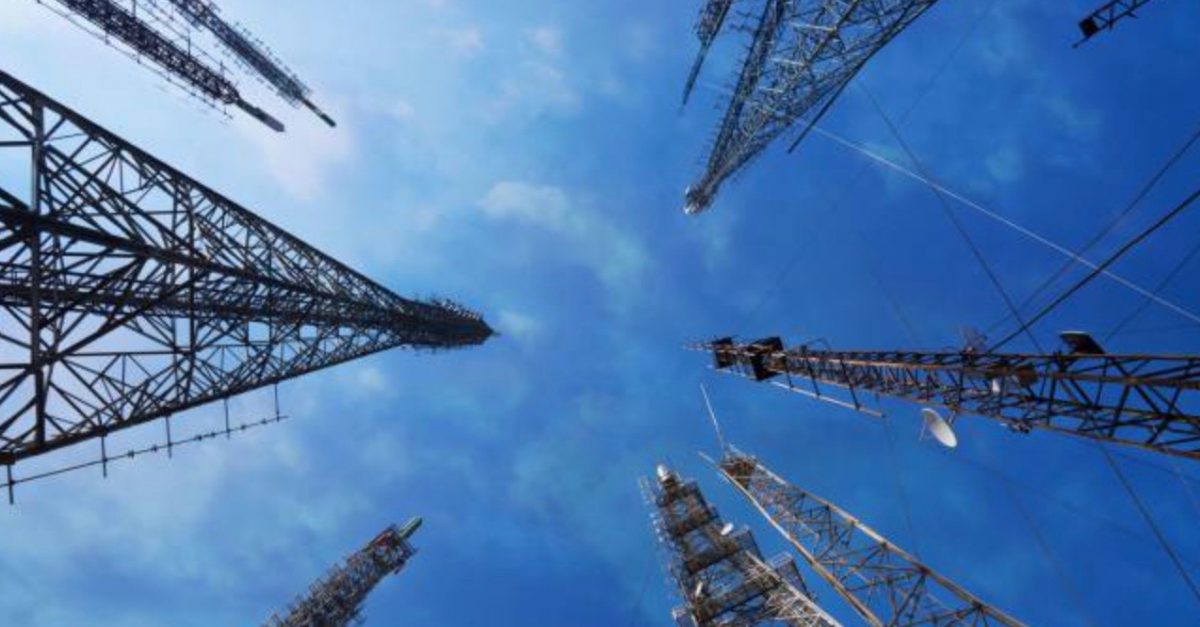A contract between the the Texas National Guard (TNG) and Digital Receiver Technology, Inc. (DRT) shows the TNG spent over $300,000 installing devices on two of its surveillance planes capable of eavesdropping on cell phone calls.
Videos by Rare
RELATED: Sheila Jackson Lee is Sponsoring a Bill Some Worry Could Limit Privacy From the Government
According to the Texas Observer, Guard officials installed DRT 130 1C devices as part of a partnership with the Drug Enforcement Administration (DEA) for use in counter-narcotics operations, reportedly purchased with state money.
The device, known as a “dirt box,” is said to work by effectively tricking cell phones within its range to connecting to its receivers instead of nearby cell towers as normally designed to function, allowing it to collect the data from a call.
They can reportedly intercept locations, numbers dialed, texts and photos, additionally equipped with the ability to listen in on phone calls.
Such technology troubles some privacy advocates, even in the face of a security necessity argument, such as if police accessed the information in their attempts to gather evidence of a crime.
Furthermore, where to draw the line is arguably a shifting front, especially in regard to the Fourth Amendment and criminally-related due process.
Those in support of metadata collection say DRT devices like these do not gather personal information from people who are in no way involved in an investigation, and haven’t committed any sort of crime.
However, from the opposition’s point of view, the metadata is allegedly still accessible and technically capable of revealing personal information in how it can show call and location patterns.
What happens to this information? How is the collecting agency allowed to use it? How long can they keep it? How do they dispose of it?
The Texas Department of Public Safety reportedly uses similar devices, called Stingrays, in its investigations; as a law enforcement agency, the data they collect is generally considered legal to use if they have a warrant for the person subject to the collection, according to the Observer.
It is unclear, though, whether the National Guard is obtaining warrants for the use of the information collected through its dirt boxes, or what legal authority it plans to use as permission for such actions.
For further context of why one could expect criminal rights protection in this situation, the TNG is under the governor’s control and considered a military institution.
Regarding the use of these devices, during an interview, state representative César Blanco said the following:
“…if the Texas National Guard want to get into the business of surveillance and utilizing intelligence and classifying intelligence, there’s got to be an oversight body that responds to the citizens of Texas.”
RELATED: Senate Votes to End Debate on USA Freedom Act
Twenty-three other states, in addition to Texas, reportedly use this technology as a law enforcement tool.
Chicago & LA cops have used ‘dirt box’ military cell surveillance technology for a decade https://t.co/y8oZPQYFvu pic.twitter.com/N0pLZTw8oC
— Anonymous. ACAB. Black Lives Matter. Anti-Fascist. (@AnonyOps) August 10, 2015



